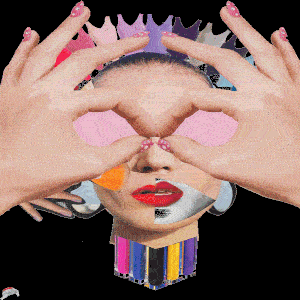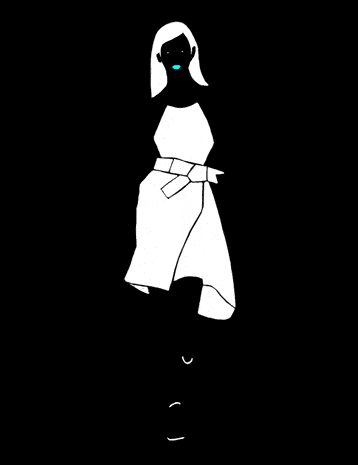Xtreme Vogue London Desk: Sarah Marshal
BlackStar Film Festival is occupied with time. The 13th iteration of the Philadelphia-based event, which ran August 1–4, took place during both James Baldwin’s 100th birthday and the start of Black August—the monthlong observance celebrating Black political prisoners who lost their lives in the fight for Black liberation.
This confluence of events is not lost on founder Maori Karmael Holmes. She points out that the fest’s name is a Pan-African nod to the Black Star shipping line, founded by political leader and Black nationalist Marcus Garvey. When speaking, she and festival director Nehad Khader reference an almost endless stream of thinkers and revolutionaries: Toni Cade Bambara (a line from The Bombing of Osage Avenue prologues each screening) and Toni Morrison; theorist and poet Fred Moten and curator Legacy Russell; documentarian Louis Massiah and artist Kevin Jerome Everson.
By Daniel Jackson / BlackStar Film Festival.
What was initially conceived as a one-off has evolved into BlackStar Projects; the Festival is just one of seven programs Holmes and her team oversee. The docket includes Seen, a biannual print journal and online platform, and a filmmakers lab, as well as exhibitions and year-round screenings.
“We’re not doing this in a vacuum,” Holmes says. “We are not inventing anything. There are so many shoulders that we stand on.” Through its 96 screened films, the festival works to promote a fiercely expansive crop of work produced by Black, brown, and Indigenous filmmakers, members of what BlackStar’s founders call the “global majority.”
“The word ‘minority’ grates on my soul,” Khader says. “It’s made to make us siloed. It’s made for white supremacy to win. Reframing ourselves as a global majority gives us power. Saying ‘Black, brown, and Indigenous’ is a way to not collapse our differences, either.”
“If colonial systems keep learning from each other, then it behooves us to also keep learning from each other and work together,” she continues. “In the Black internationalist tradition, I find so much education about Palestine, as a Palestinian, and that means so much to me. It’s a tradition that we are interested in functioning within and living through, as well as continuing it.”



